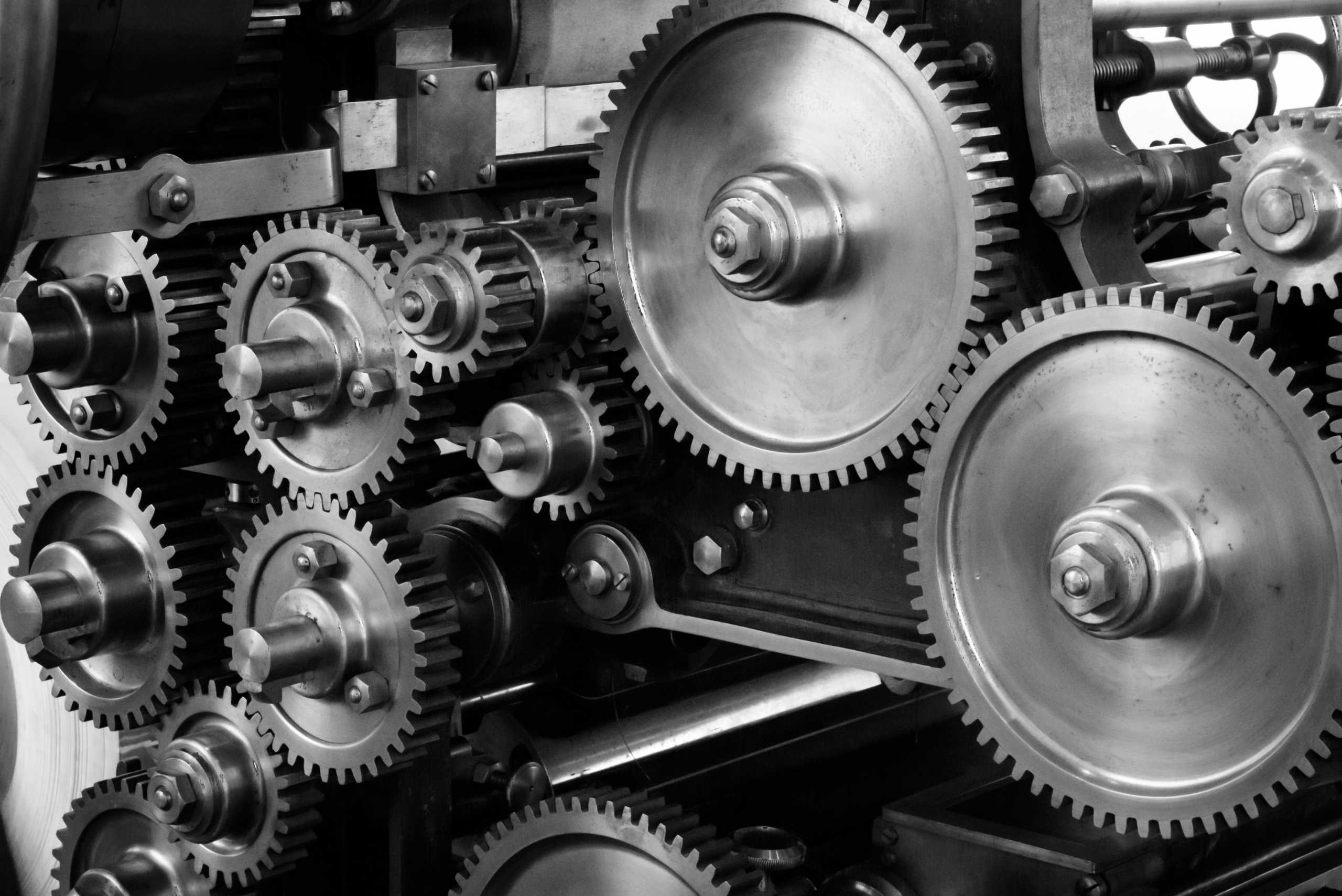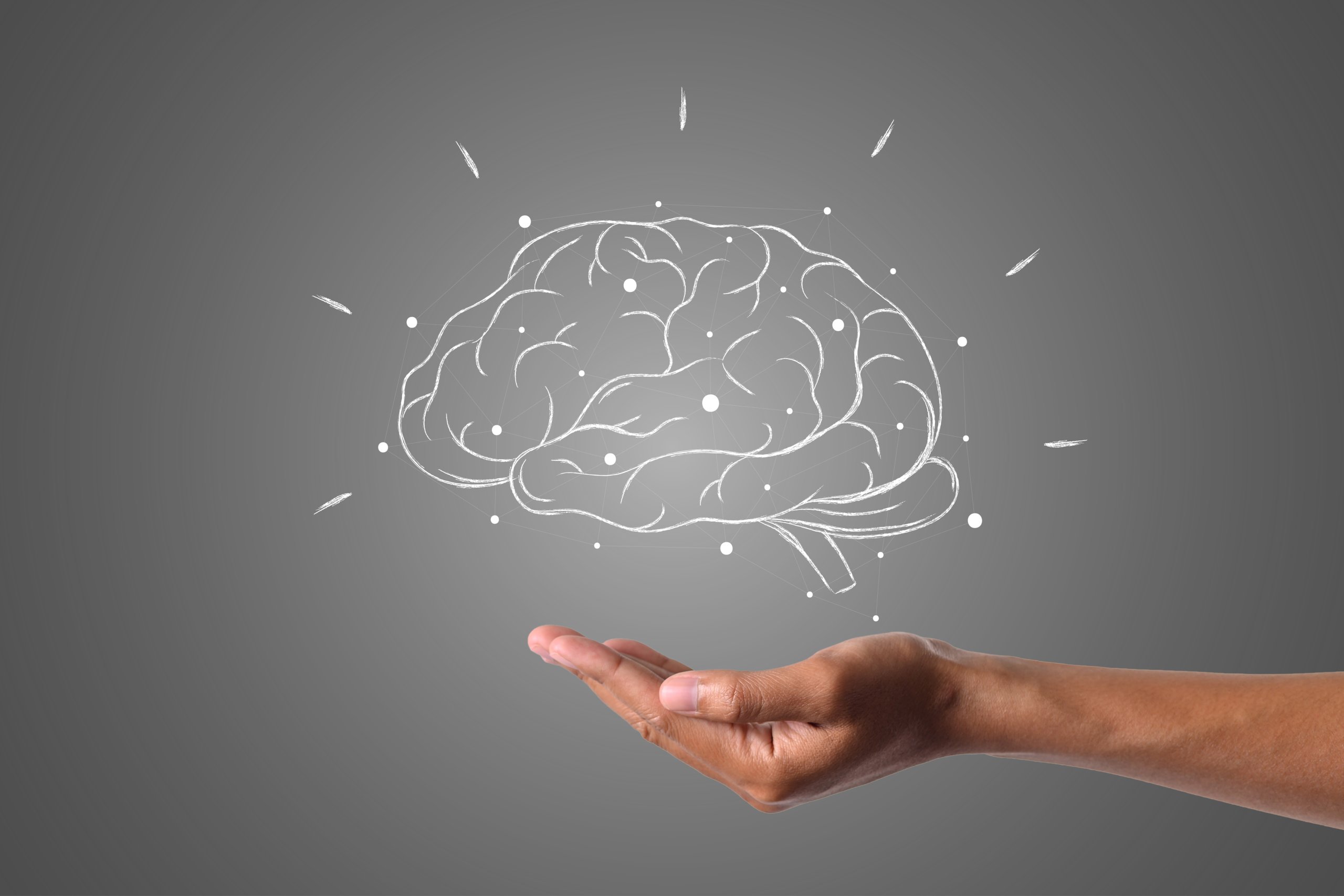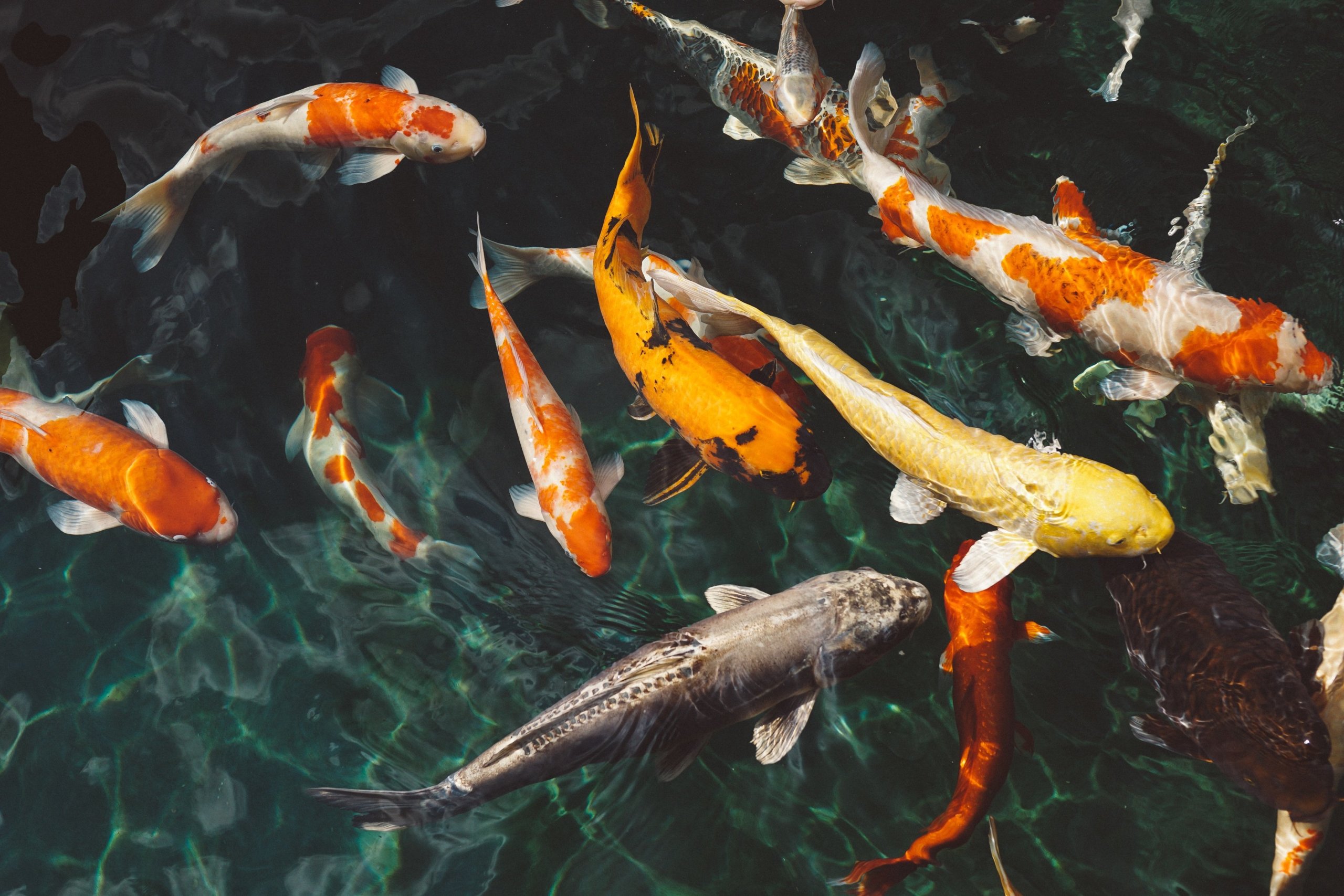
This June, artificial intelligence (AI) researchers will pit their trained algorithms against one other in a series of tasks typically used to test animal cognition.
The contest, known as the Animal-AI Olympics, aims to find out how close we’ve come to building machines with common sense. And a $10,000 prize pool awaits the winner.
Adaptability, the First Step Towards General AI
When it comes to singular tasks like becoming an expert at a video game or beating Go grandmasters, AI development has exceeded expectations. But if you take any AI system specifically trained for one task and apply it to a completely different one, odds are good that it will fail miserably.
This is the main challenge that the Animal-AI Olympics offers to AI developers and researchers—contestants will submit only one AI agent to tackle 100 unknown tasks. To be able to handle diverse environments and obstacles, AI must become more adaptable. This trait is also crucial to creating General AI.

A General AI system can be applied to a variety of tasks and even take on new scenarios it hasn’t seen before. It’s seen as the “holy grail” of AI. Some researchers believe that it is not even possible (or a few centuries away still).
With that being said, the organizers of the Animal-AI Olympics aren’t looking for perfect execution across all tasks; these expectations would be unrealistic. Instead, they want to see systems that are able to adapt in some capacity to the myriad of problems before them.
The Animal-AI Olympics is the creation of a research team at the Leverhulme Centre for the Future of Intelligence in Cambridge, England and a Prague-based research institution known as GoodAI. It also happens to be part of a bigger project of the Leverhulme Centre known as Kinds of Intelligence. This project focuses on studying the similarities and differences between human, animal, and machine thinking.
The majority of the tasks featured in the Animal-AI Olympics are actually intelligence tests for animals. But a few borrow from cognition tests used on babies and young children. For future iterations of the event, the organizers hope to incorporate more complex challenges like these ones.
A Simulated Environment for AI
Building physical robots to compete would be a tall order; to simplify the competition, the event organizers have developed a virtual environment through Unity, a software usually used for video game development. This arrangement simulates an animal cognition lab testing environment and has walls, movable objects, and even food rewards.
This setup will soon be released to the AI community so researchers entering the contest can train their agents to navigate it properly. The AI agents will act autonomously in this virtual lab; any type of approach to building them is welcomed, but the event organizers expect that reinforcement learning will be the most popular method used.
Beyond the usual AI methodologies, the group behind the Animal-AI Olympics also hopes to see some wild cards take a gamble with newer paradigms such as the “cognitive approach.” This approach relies on a computerized model to simulate human mental processing and problem-solving. It was made popular by pioneering researchers like Josh Tenenbaum, a professor at Boston-based MIT.
A Test of Versatility
After researchers submit their agents in June, the Cambridge team shall run them through 100 trials across 10 categories. The actual tests are being kept a secret so that contestants cannot train agents on specific skills to gain an advantage.
But one thing is known—they’ll drastically vary in difficulty. Some trials will be basic, like requiring an agent to acquire food with no obstacles in the way. Others will require the agent to make a mental model of its environment to navigate around objects in the dark.
According to Matthew Crosby, a postdoctoral researcher at the Leverhulme Center, the real challenge will be to perform adequately across the board. The victory will go to the agent that can perform a variety of tasks well rather than one that excels at the hard ones.
Adapting to new situations and translating skills from previous activities will be key to success. Crosby believes this sort of flexibility is required to make AI more useful in real-world applications.
A Trend of Taking Inspiration from Animals
The Animal-AI Olympics is far from the first AI research endeavor that is inspired by animal intelligence. Radhika Nagpal, a Harvard computer science professor, studies the intelligence of animal groups like flocks of birds and schools of fish to see what AI can learn. Kiana Eshani, a PhD student at the University of Washington, led a group of researchers last year to train neural networks to think like a dog. Eshani has expressed interest in participating in this year’s Animal-AI Olympics.

Still, emulating animal intelligence in AI agents is easier said than done. As famous AI pioneer Judea Pearl explained, abilities like a dog’s sense of smell or the navigational capabilities of a cat were refined over hundreds of millions of years of evolution—replicating these in a laboratory seems out of reach.
Anthony Zador, a neuroscience professor at Cold Spring Harbor Laboratory, elaborates on this monumental challenge: “I believe that to have AI perform as intelligently as an animal requires building some of that innate structure into the system. How you do that is a difficult question that no one has an answer to yet.”
Crosby is well aware of the limitations that come with using animal intelligence tests to measure AI’s capabilities. But he explains that the Animal-AI Olympics is more about investigating the difference between animal and machine minds rather than striving to make them equivalent. Besides pushing the limits of what’s possible with AI, the event could also shine a light on how our own brains function.
The Animal-AI Olympics sounds like an exciting event, and we can’t wait to see the results. Do you think AI can match animals in terms of natural intelligence and capabilities? Let us know in the comments!





